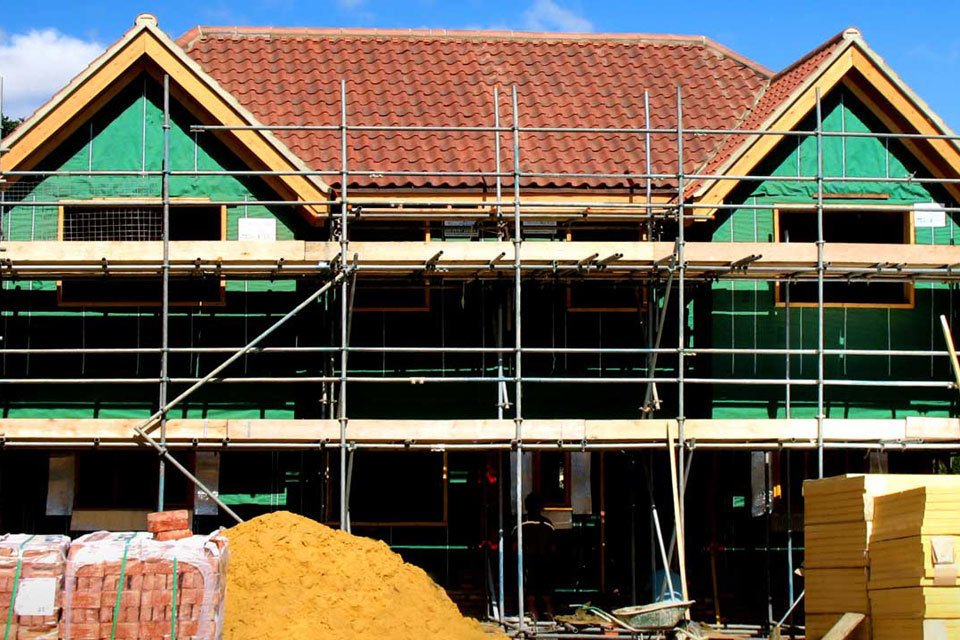Let’s face it — most real estate websites are nothing more than digital brochures. Pretty to look at, but useless when it comes to attracting traffic or leads. If you want consistent, organic growth that keeps bringing in clients without paid ads, you need to focus on real estate SEO — and at the heart of that lies content marketing.
In this guide, we’ll break down what type of content actually works, how to write it, and how to turn your blog into your #1 lead generator.
Why Content Marketing Matters in Real Estate
Search engines don’t rank empty pages. They rank relevant, keyword-rich, helpful content. Content marketing is how you:
-
Show up in Google for key searches
-
Establish yourself as a local authority
-
Build trust with buyers, sellers, and investors
-
Stay top-of-mind long before someone needs an agent
A strong content strategy powered by seo for real estate agents turns your website into a magnet for leads — instead of a digital ghost town.
1. Blog Posts That Answer Local Questions
These are your bread and butter.
Write blog posts that answer specific, location-based questions like:
-
“Best time to buy a house in San Diego”
-
“Top 5 neighborhoods in Dallas for young professionals”
-
“First-time buyer grants in Florida (2025 Update)”
These articles build authority, attract qualified traffic, and position you as the local expert — which is exactly what Google (and clients) are looking for.
You’ll find that most real estate SEO companies prioritize these content types because they deliver long-tail search traffic month after month.
2. Neighborhood and City Guides
These are essential for local SEO for real estate.
Build individual pages or blog posts for every area you serve. Include details like:
-
Schools
-
Walkability
-
Lifestyle vibe
-
Local landmarks
-
Median home prices
Add high-res photos, videos, and even client testimonials for that area.
When done right, these pages become evergreen content that pulls in local traffic for years. They also boost your credibility with out-of-town buyers and investors who need local insight.
3. Case Studies and “Success Stories”
If you want to stand out from the 100s of agents in your city, show your process.
Write up past wins with titles like:
-
“How We Sold a Downtown Condo 7 Days Over Market Average”
-
“This Couple Found Their Dream Home in Under 10 Days — Here’s How”
Include real results, testimonials, and even screenshots of listings or email updates. It’s content that converts while also strengthening your real estate website SEO.
4. SEO-Driven Property Pages
Most agents rely on generic MLS feeds. Big mistake.
Write custom content for your top listings:
-
Unique property descriptions
-
Info about the neighborhood
-
Video walkthroughs and drone footage
-
Why it’s a great buy (investment, lifestyle, etc.)
Optimized listing pages help you compete in organic search for high-value keywords. That’s why any good real estate SEO consultant will recommend putting effort into these instead of just copying MLS data.
5. Educational Guides and Evergreen Resources
Create downloadable guides like:
-
“The Ultimate First-Time Buyer Checklist”
-
“How to Stage Your Home Like a Pro”
-
“Real Estate Investing 101: Beginner’s Guide”
Gate them behind lead forms or offer them for free on blog posts. These are amazing for:
-
Building your email list
-
Earning backlinks from other sites
-
Establishing thought leadership
This approach is often part of the content playbook for any real estate SEO agency trying to scale traffic and leads without relying on ads.
6. Video Content and Transcripts
If you’re creating YouTube videos, property tours, or Instagram Reels — amazing.
But here’s the problem: most agents never repurpose their content.
Every video should be embedded into a blog post, with a transcript underneath that includes relevant keywords like seo for real estate companies or “homes for sale in [City].” It makes your videos indexable and gives you extra on-page SEO value.
7. FAQ Pages and Schema
Don’t sleep on your FAQ.
Create pages that answer specific real estate questions in your niche. Think:
-
“How much do I need for a down payment in LA?”
-
“How do home inspections work in Texas?”
-
“Is now a good time to sell in Denver?”
Add FAQ schema so your answers show in Google’s “People Also Ask” sections — it’s a powerful seo in real estate tactic most agents overlook.
8. Internal Linking and Topic Clustering
As your blog grows, it’s easy for articles to get buried. That’s where internal linking helps.
Link related articles together in clusters. Example:
-
A blog on “Best Neighborhoods in Miami” links to
-
A guide on “Schools in Coral Gables”
-
A post on “Top Restaurants in Brickell”
-
A landing page for “Homes for Sale in Wynwood”
-
This passes link equity, improves crawlability, and keeps users on your site longer — all great signals for seo real estate marketing.
Final Thoughts
Content marketing isn’t optional anymore — it’s the core engine behind every successful real estate SEO strategy.
Whether you’re working with a real estate SEO service or building your content in-house, focus on long-term value. Write with intent, optimize for keywords, and make every page count.
Because in today’s market, content doesn’t just support your SEO. Content is your SEO.

